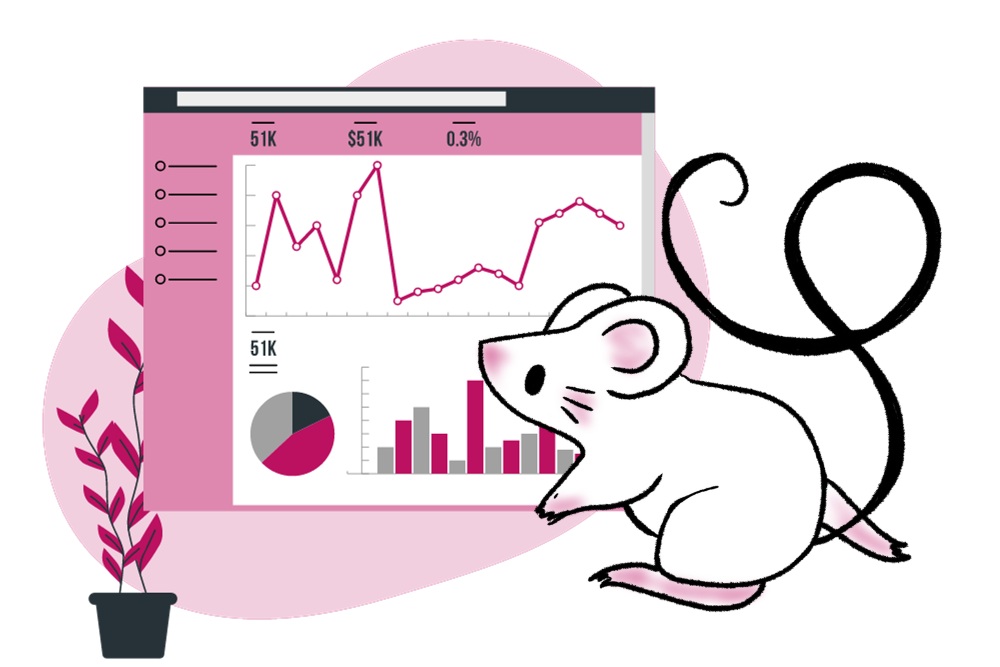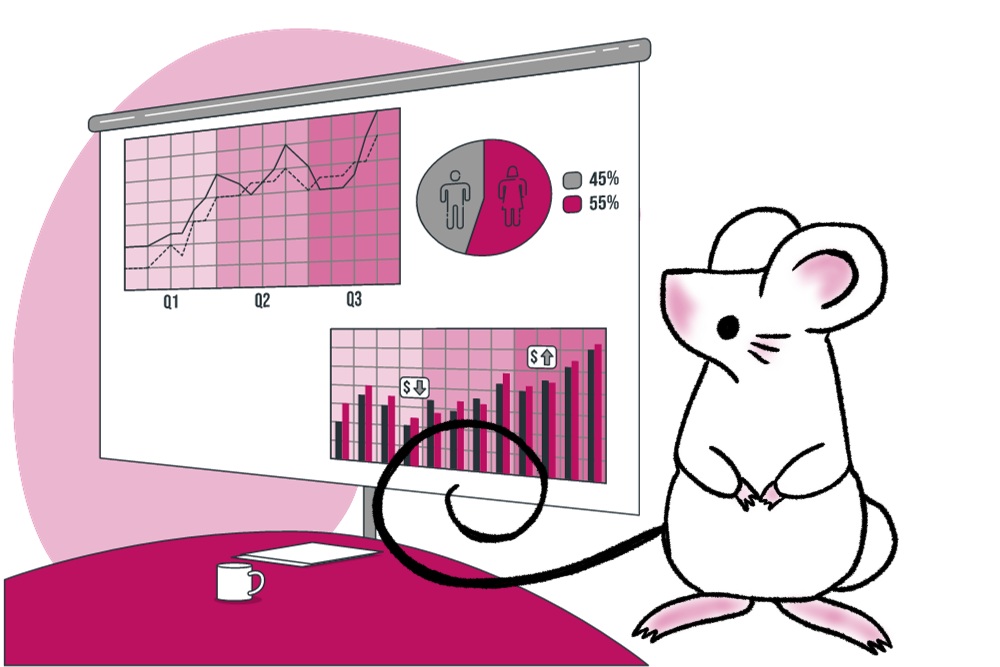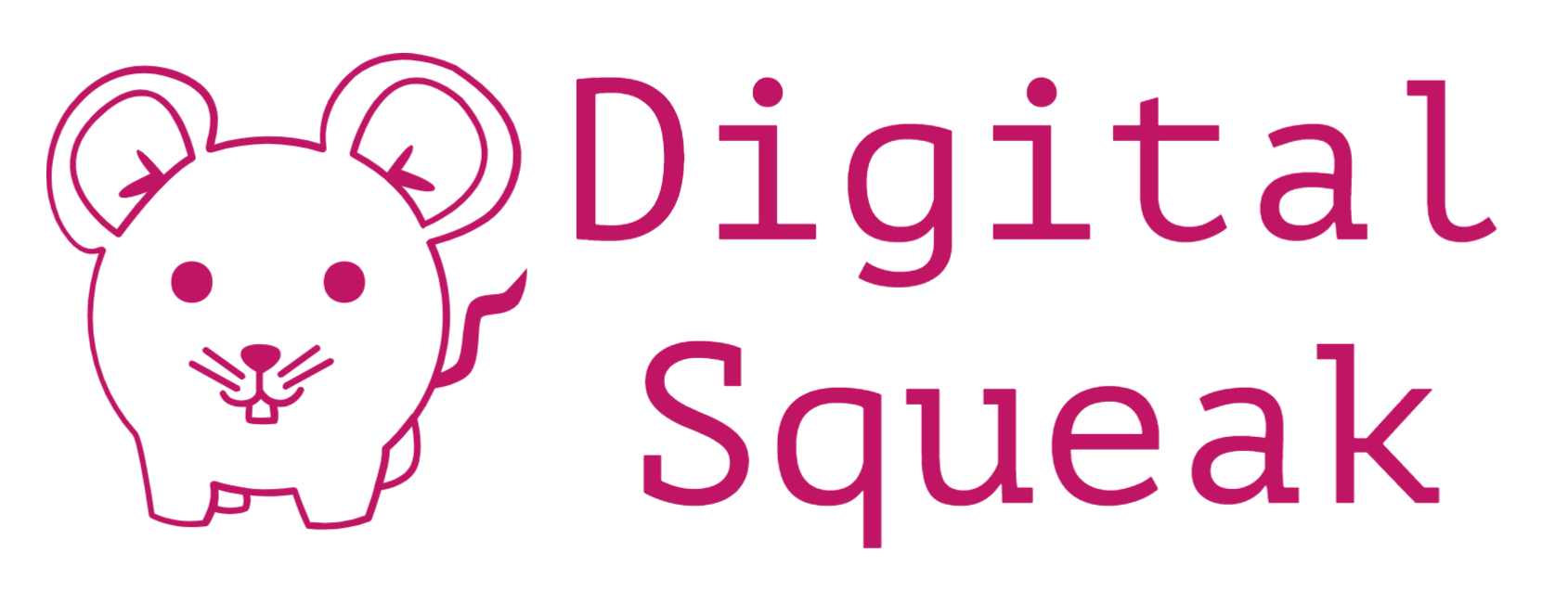Google Analytics has long been a cornerstone of digital marketing and web analytics, providing insights into website and app performance, user behaviour, and conversion tracking. Google Analytics 4 (GA4), introduced by Google in late 2020, is the successor to Universal Analytics and is touted as the future of data analytics.
It’s designed to be more versatile, privacy-focused, and capable of adapting to the evolving digital landscape. But according to Search Engine Land readers, it comes with some major challenges.
Challenges of Google Analytics 4
First things first, let’s unpack the challenges of Google Analytics 4.

User Interface (UI)
UI is the most reported issue with GA4, with slower loading speeds than Universal Analytics, and confusing navigation.
Data Migration
One of the most significant challenges with GA4 is the migration process. If you have an existing Universal Analytics account, transitioning to GA4 can be complex and time-consuming. The data structure and event tracking in GA4 differ from Universal Analytics, which means that businesses need to reconfigure their tracking setup, potentially resulting in data loss or discrepancies.
Learning Curve
GA4’s interface and approach to tracking are different from its predecessors. Users accustomed to Universal Analytics may find the transition confusing, requiring substantial learning and retraining. This learning curve can deter some businesses from adopting GA4.
Limited Third-Party Integration
GA4 has limited integration with third-party platforms and tools compared to Universal Analytics. While Google Data Studio and Google Tag Manager are well-supported, integration with other marketing tools and platforms may be less seamless. This limitation can hinder the ability to create comprehensive analytics and marketing stacks.
Data Sampling
Like its predecessors, GA4 also employs data sampling, which can lead to less accurate reporting for websites with high traffic. This issue can affect data-driven decision-making, particularly for larger businesses.
Privacy Concerns
GA4 was designed with privacy in mind, which can be both an advantage and a challenge. While user privacy is protected by GA4’s event-based tracking approach, it may result in less detailed user data, making it challenging for marketers to understand user behaviour fully. Additionally, the emphasis on privacy might make tracking more difficult in the future as regulatory constraints evolve.
Event-Based Tracking
GA4 shifts from a pageview-centric tracking model to an event-based tracking model. While this aligns with modern web practices, it requires a different mindset for tracking and reporting. Some users may find this shift challenging, especially when comparing it to Universal Analytics.
Limited Custom Reports and Dashboards
The customization options for reports and dashboards are somewhat limited in GA4 compared to Universal Analytics. This can be frustrating for businesses with specific reporting needs, as it can be challenging to create tailored, in-depth reports.
Benefits of Google Analytics 4
Despite its challenges, GA4 offers several notable benefits, which make it a compelling choice for certain users.

Cross-Platform Tracking
GA4 excels at cross-platform tracking, allowing businesses to gather data from both websites and mobile apps in one place. This unified view of user behaviour provides a more comprehensive understanding of the customer journey, especially in a mobile-centric digital landscape.
Enhanced User Tracking
With GA4’s event-based tracking, businesses can gain a deeper understanding of user interactions. It’s more adaptable and capable of tracking complex actions and user engagement, offering a more nuanced view of user behaviour.
Machine Learning and Predictive Metrics
GA4 leverages machine learning to provide predictive metrics, such as potential revenue from a user or churn probability. These insights can help businesses make data-driven decisions and optimise their marketing strategies.
Audience Building and Segmentation
GA4 offers improved audience-building capabilities. You can create dynamic user segments based on various parameters, allowing for more targeted marketing efforts.
Privacy-Compliant Tracking
GA4’s event-based tracking model respects user privacy, aligning with the growing emphasis on data protection and privacy regulations. This can help businesses build trust with their users and avoid potential legal issues.
Futureproofing
GA4 is designed to adapt to the evolving digital landscape. As privacy regulations change and the industry shifts, GA4 is positioned to remain a relevant and reliable analytics solution.
Free of Charge
GA4, like its predecessors, is available for free, making it an attractive option for small and medium-sized businesses with limited budgets.
Alternatives to Google Analytics 4

While GA4 offers many benefits, it may not be the best fit for every organization. Depending on your specific needs and preferences, there are alternative analytics platforms to consider:
Matomo (formerly Piwik)
Matomo is an open-source web analytics platform that provides an alternative to Google Analytics. It offers complete control over your data, customizable dashboards, and strong privacy features, making it an attractive choice for users concerned about data privacy and ownership.
Mixpanel
Mixpanel is a user analytics platform that focuses on event-based tracking and user engagement. It offers a robust set of features for businesses that want to dive deep into user behaviour and is particularly popular among mobile app developers.
Adobe Analytics
Adobe Analytics is a comprehensive enterprise-level analytics solution. It offers advanced reporting, marketing integrations, and customizable dashboards, making it suitable for large organizations with complex analytics needs.
Heap Analytics
Heap Analytics provides an event-based approach to tracking, similar to GA4. It excels in ease of use and offers a visual approach to analysing data, making it a good choice for organizations that value simplicity.
Kissmetrics
Kissmetrics focuses on customer-centric analytics, helping businesses understand the customer journey and optimise marketing efforts. It’s suitable for e-commerce and SaaS businesses looking to maximise customer lifetime value.
Open Web Analytics
Open Web Analytics is an open-source alternative that allows you to host your analytics data on your own servers. This provides complete data ownership and control for those concerned about data privacy.
Amplitude
Amplitude is a product analytics platform that focuses on user behaviour and product usage tracking. It’s ideal for businesses that rely heavily on data to improve their product or service.
Final Thoughts on GA4
Google Analytics 4 represents a significant evolution in the field of web and app analytics. While it offers a range of benefits, including enhanced user tracking, cross-platform capabilities, and privacy compliance, it also comes with its share of challenges, such as data migration, a learning curve, and limited third-party integrations. Users should carefully assess their specific needs.
Reach out to Digital Squeak so we can create and walk through a data analytics strategy that would work for your company – pippa@digitalsqueak.co.za

Pippa is Digital Squeak’s Founder. In her hunt to balance her passion for digital marketing and her responsibilities as a single mom, she decided that the best solution was to start an agency that not only delivered exceptional service to clients, but provided the team with the freedom they needed to live their lives to the fullest.





